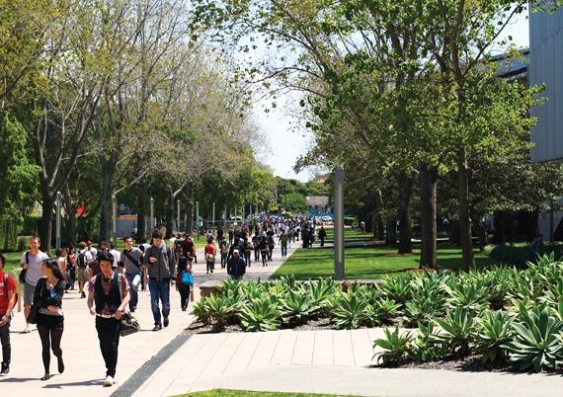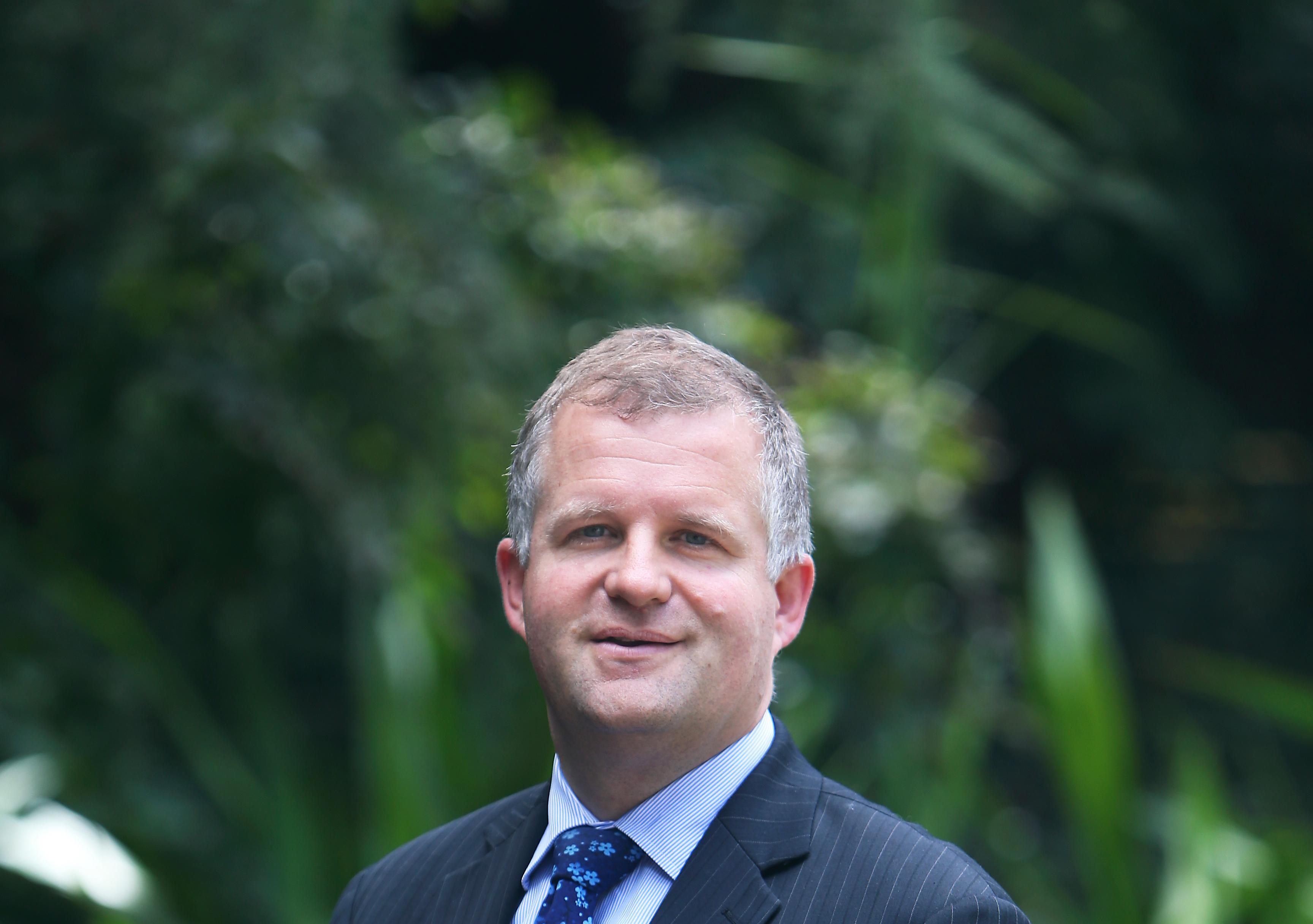The shifting sands of global university rankings
Australian universities cannot afford to accept that our global standing will inevitably wane as Asia's rises, writes Deputy Vice-Chancellor (Academic) Iain Martin.
Australian universities cannot afford to accept that our global standing will inevitably wane as Asia's rises, writes Deputy Vice-Chancellor (Academic) Iain Martin.

OPINION: While Australia continues to perform well in international university rankings, the competition for the top 200 places is intensifying as the latest Times Higher Education results demonstrate.
The rise of Asian universities - China now has two top 50 universities - is inevitable given the investment in higher education in the region and its strong economic growth. Against this, Australian universities must significantly enhance their performance every year simply to hold their present positions on the rankings ladder.
However, Australia cannot afford to accept that our global standing inevitably will wane as Asia's rises.
Australia's university funding model is such that we are more exposed than almost any other nation to fluctuations in the number of fee-paying international students. Two key factors for international students selecting a destination are global ranking and reputation. Australia cannot ignore the impact of having several highly ranked universities, for the particular institutions as well as for the halo effect across the sector.
As for other economies, public funding for higher education in Australia is constrained and competition from other core needs is intense. But there are some things we can't afford not to do if we want continue to have a globally competitive university sector.
At the individual level, the recipe for a great university is relatively simple: great people, both staff and students; high levels of resourcing; and significant institutional autonomy. What, then, are the requirements for a high-performing university system?
First, Australia needs a policy framework that enables and encourages its universities to differentiate; that is, a strategy that recognises the strengths and capabilities of each institution, and at the same time values this differentiation.
This policy framework must result in a system that ensures and accepts that we continue to have in Australia several universities that are globally competitive and academically elite.
This is not a new challenge. Clark Kerr, writing 50 years ago as president of the University of California system, articulated this clearly: "Additionally, there is the urgent issue of how to preserve a margin for excellence in a populist society, when more and more of the money is being spent on behalf of all of the people.
"The great university is of necessity elitist - the elite of merit - but it operates in an environment dedicated to an egalitarian philosophy.
"How may the contribution of the elite be made clear to the egalitarians and how may an aristocracy of intellect justify itself to a democracy of all men?"
Second, we need a strong and coherent national research strategy that takes a medium to long-term view of the importance of a balanced portfolio of fundamental, applied and translational, and industry-facing research. This strategy must support the very best people through a sustainable fellowship scheme and ensure that funding is competitively allocated on the basis of merit to those working at the forefront of knowledge creation. Further, it must recognise and celebrate excellence. In doing so, we can enhance our chances of having several universities that remain truly globally competitive.
Third, we need to increase institutional autonomy. Increasing institutional autonomy and decreasing the regulatory burden on universities offers a rare policy opportunity, as there is evidence that reduced spending on regulatory intrusion is associated with improved performance of individual universities and university systems.
The new government has an opportunity to reduce spending through a significant downsizing of the regulatory machinery, enabling our universities to perform closer to their full potential.
With our own higher education policy house in order, we can look outwards to Asia and beyond more effectively.
Australia should be well placed to celebrate Asia's rise. Australian universities have a wealth of regional knowledge, and rich and deep people-to-people ties.
We must forge new relationships with Asia's best universities as peers. The new government's commitment in supporting Australian students to spend part of their time at universities in the region is a welcome first step.
In addition, we need to make significant research funding available to these growing international partnerships.
So, are these latest rankings results, however volatile, a call to arms or a siren call that should go unheeded? The answer is probably neither; seven of 39 universities in the top 200 globally attests to the strengths of our leading institutions. But without significant structural changes to policy and funding frameworks, for how long will this continue to be possible?
Professor Iain Martin is Deputy Vice-Chancellor (Academic) at UNSW.
This opinion piece was first published in The Australian.
